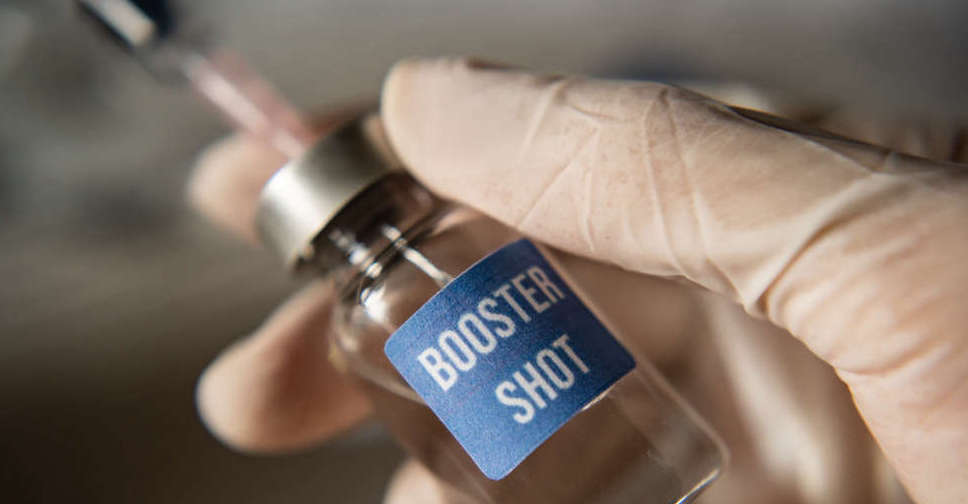
Australian residents will need to receive booster shots to be considered fully vaccinated against COVID-19, although authorities said foreign travellers will continue to need only two shots to enter the country.
Australia's national cabinet late on Thursday endorsed the revised guidance from the country's vaccination advisory group to classify "up-to-date" inoculations as including boosters.
A person's vaccination status will be considered "overdue" if they have not received a booster within six months of their second dose, Prime Minister Scott Morrison said.
Australian officials have made vaccines mandatory only for some frontline workers, but many private businesses, including major corporations, restaurants and retailers, have made inoculations a requirement for entry.
The country is among the most heavily vaccinated in the world as a result, with 94 per cent of people above 16 double-dosed. Nearly 10 million boosters have been administered so far.
The decision to keep the requirement for visitors to two doses only comes as authorities prepare to fully reopen Australia's borders, around two years after they were slammed shut to slow the progress of the pandemic.
Like other countries, Australia has been tackling the fast-moving Omicron variant.
Officials reported just under 26,000 new infections by midday on Friday, down from about 30,000 on Thursday, with Western Australia and Northern Territory still to report. Forty-eight new deaths were registered. Hospital cases remained on a downtrend, with nearly 3,300 admitted, the lowest tally in more than a month.
The bulk of Australia's pandemic total of around 2.7 million cases has been detected since the emergence of the Omicron variant in late November. Total deaths stood at 4,479.

 UK inquiry finds 'chilling' cover-up of infected blood scandal
UK inquiry finds 'chilling' cover-up of infected blood scandal
 Iranian President Raisi killed in helicopter accident, state media says
Iranian President Raisi killed in helicopter accident, state media says
 ICC prosecutor seeks arrest warrants for Israeli, Hamas leaders
ICC prosecutor seeks arrest warrants for Israeli, Hamas leaders
 Assange given permission to appeal against US extradition
Assange given permission to appeal against US extradition
 Israel intends to broaden Rafah sweep, Defence Minister tells US
Israel intends to broaden Rafah sweep, Defence Minister tells US




